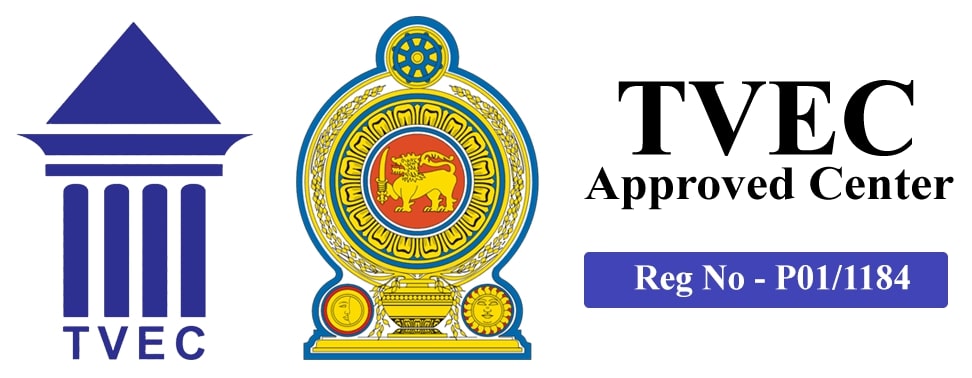Level 7 Diploma
in cyber security
The aim of the QUALIFI Level 7 Diploma in Cyber Security is to offer learners an advanced knowledge of the industry by deepening their awareness of cyber threats, vulnerabilities, and security technologies.
The core objective of the Qualifi Level 7 Diploma in Cyber Security qualification is to equip learners with the underpinning knowledge, understanding and skills required for a career in the cyber security sector.
The QUALIFI Level 7 Diploma in Cyber Security aims to give learners the opportunity to:
- Gain a recognised qualification from an internationally recognised Awarding Organisation.
- Develop research and critical thinking abilities to carry out independent cyber security research.
- Develop competence in security management (risk assessment, compliance, and governance)
- Gain in-depth knowledge of network security, digital forensics, ethical hacking, and cloud security.
- Develop an understanding of ethical and legal aspects relating to privacy, compliance, and the legal frameworks that regulate cyber operations.
Regulated by the Office of Qualifications and Examinations Regulation

Approved by World Education Services (WES)

Member of the International Association of Universities
(IAU)

Awarding Body

Regulated by the Office of Qualifications and Examinations Regulation

Approved by World Education Services (WES)

Member of the International Association of Universities
(IAU)

Awarding Body
Qualifi

Registration Documents
- Passport Size Photo
- Birth Certificate and NIC
- CV
- Education Documents (OL, AL, Other)
- Service Letter

School : Computing

Location : Mount Lavinia

Learning Mode : Online | Physical

Duration : 06 - 08 months
- Fundamentals of Cyber Security
- Network, Infrastructure and Systems Security
- Applications of Cyber Security
- Security Management and Governance
- Cryptography
Entry Requirements
- Learners who possess qualifications at Level 4 and/or;
- Learners who have some technical and risk management work experience in a computing or security business environment and demonstrate ambition with clear career goals;
- Learners who possess a Level 5 qualification in another discipline and want to develop their careers in cyber security and/or risk management.
Learning Outcomes
- Understand key cryptographic principles and modes
- Understand the standards, regulations and laws that apply to business and government organisations in relation to encryption
- Understand the core principles of digital investigations
- Apply the types of tool that support professional digital investigations at a strategic level
- Plan for an investigations and forensics teams
- Understand the physical and human resources required to manage a major suspected cyber security incident
- Apply Business Continuity Management to major incident planning and response
- Understand the role senior leaders and strategic leadership
- Evaluate the management streams and performance monitoring mechanisms that relate to information security
- Understand how data protection legislation impacts considerations of strategy-setting and strategic leadership

Account No: 139013411919001
Seylan Bank

Account No: 1000749289
Commercial Bank





